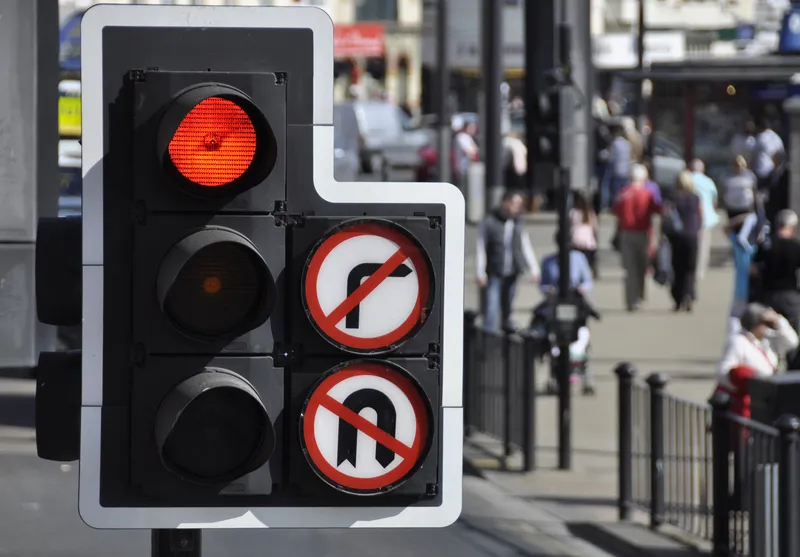The work is now underway to supply and replace equipment including new poles, controllers and signal heads, and upgrade sites to microprocessor optimised vehicle actuation and split cycle and offset optimisation technique control to achieve optimum urban traffic control operation. Most of the refurbished sites are signalised junctions located on the A45 with other sites on Tile Hill Lane, Vanguard Avenue, Herald Avenue and The Butts.
Siemens’ SLD4 loop detectors are being used in the scheme and feature length-based classification for buses with configurable outputs to extend the green time, allowing public transport to continue rather than be held up at the signals.
All sites will move to the Siemens UTC system which will enable Coventry to migrate to intelligent network management with the deployment of Siemens’ cloud-based strategic traffic management solution, Stratos. The project is scheduled to be completed In October.
Coventry City Council chooses Siemens for traffic signal refurbishment project
Siemens has been awarded a contract by Coventry City Council (CCC), through the National Productivity Investment Fund, to design and refurbish traffic signal equipment and systems at nine signalised junctions in the region. CCC is renewing life-expired traffic control equipment with the latest designs and management systems to improve network performance and reliability and reduce maintenance costs.
October 26, 2017
Read time: 2 mins









